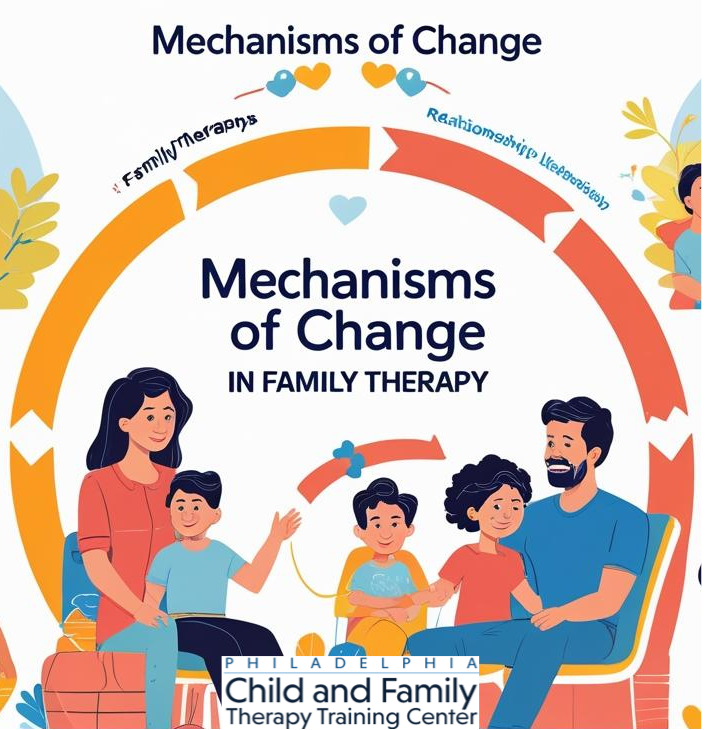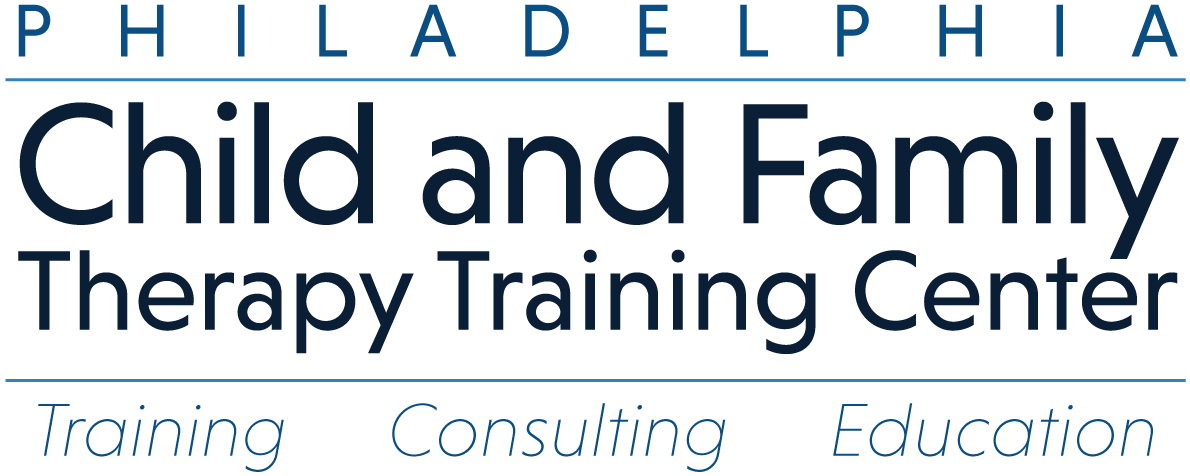
“Families don’t exist in isolation. Trauma often lives in patterns.” These words reflect a truth that every systemic family therapist understands deeply. When working with families—especially those impacted by trauma—it’s not enough to focus on one individual or one diagnosis. Healing comes when we step back, widen the lens, and look at the family as a whole, including the surrounding environment and history that shapes them. This is the foundation of Ecosystemic Structural Family Therapy (ESFT).
ESFT is a trauma-informed, strength-based, and context-sensitive approach that sees people not as isolated problems to be solved, but as members of relational systems that hold both challenges and solutions. When we say “trauma lives in patterns,” we mean that pain and dysfunction often repeat across relationships and generations. A child’s emotional dysregulation may mirror a parent’s unresolved trauma. A caregiver’s sense of helplessness may reflect generations of marginalization or systemic oppression. Without this understanding, treatment stays at the surface.
By looking at the entire system—caregivers, siblings, extended family, schools, communities—ESFT helps therapists uncover the patterns that perpetuate distress. But more importantly, it gives families a roadmap to disrupt those cycles through new ways of connecting, leading, and supporting one another.
This kind of healing work cannot happen in isolation. ESFT emphasizes collaborative engagement with caregivers, empowering them to become the leaders of change within their families. It encourages therapists to join with families in a way that builds trust, uses natural strengths, and honors lived experience.
Real change in therapy doesn’t come from compliance or short-term fixes. It comes from creating new interactional patterns—ones that foster secure attachment, emotional regulation, and shared responsibility. ESFT helps families move beyond survival mode and into sustainable healing by treating not just the symptoms, but the relational dynamics underneath.
Because at its core, systemic family therapy reminds us: healing is not just individual—it’s relational. And when we treat the system, we open the door for true, lasting transformation.
#FamilySystems #ESFT #TraumaInformedCare #SystemicHealing #RelationalChange #PCFTTC
HELPFUL LINKS:
What is ESFT?
Check out our store to access continuing education credits workshops to bolster your systemic thinking, courses.pcfttc.com
See our youtube page for more pro tips on thinking and working systemically.
